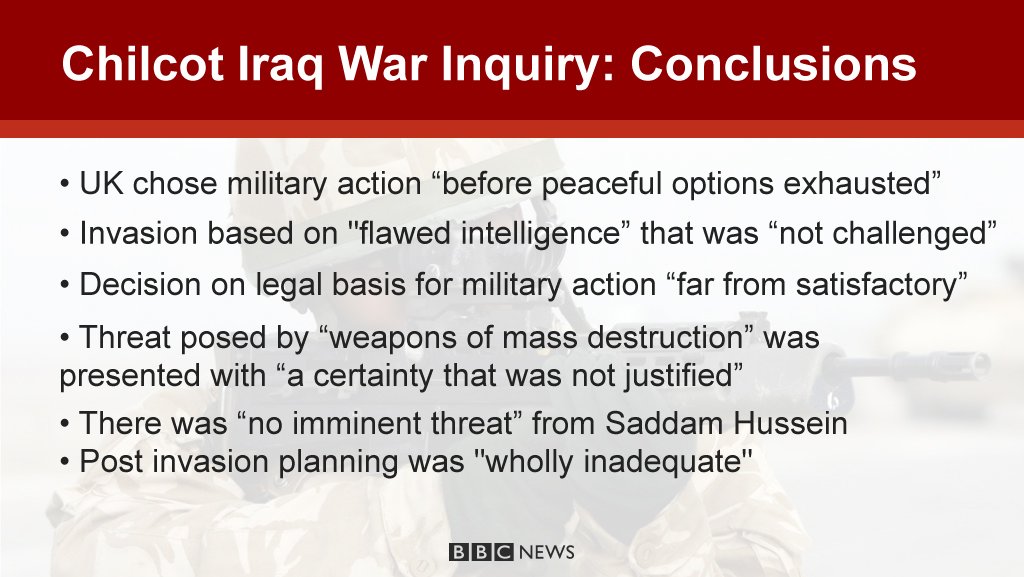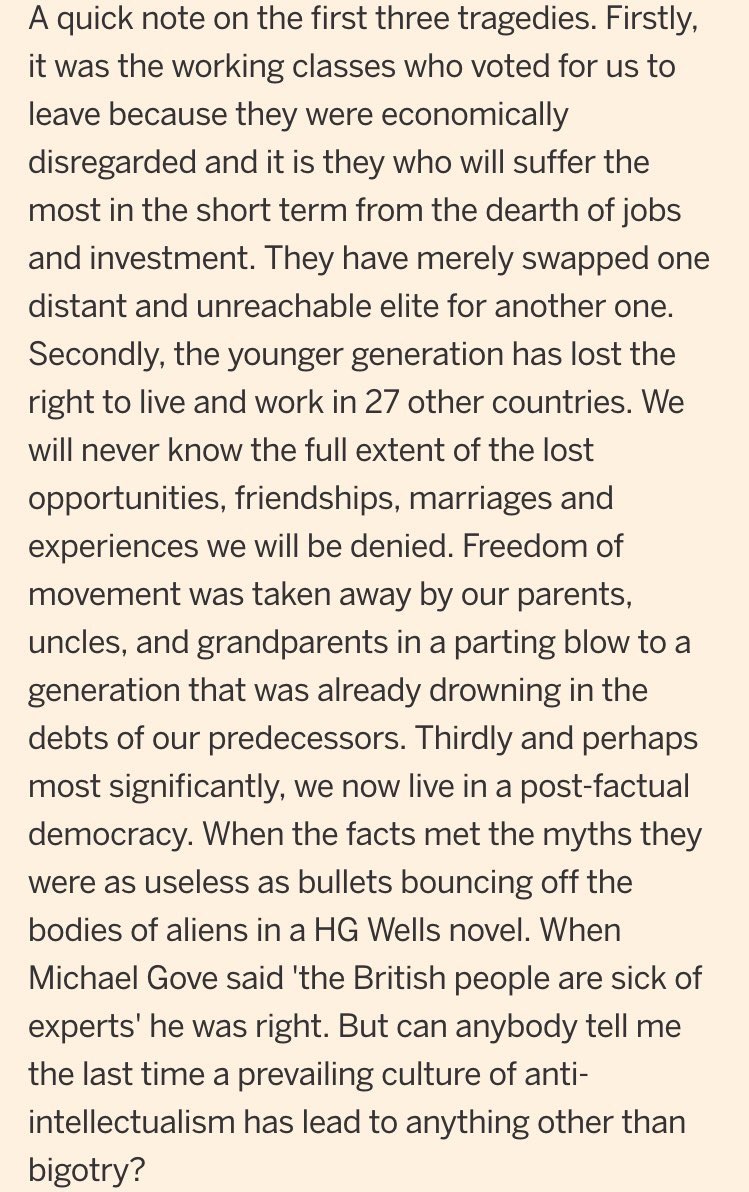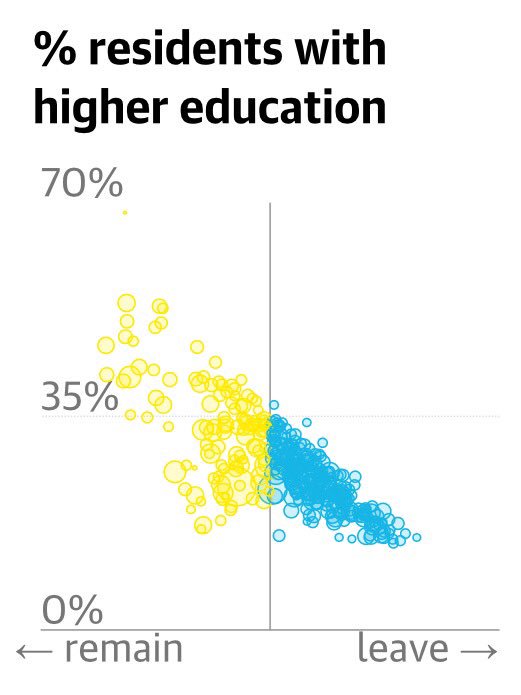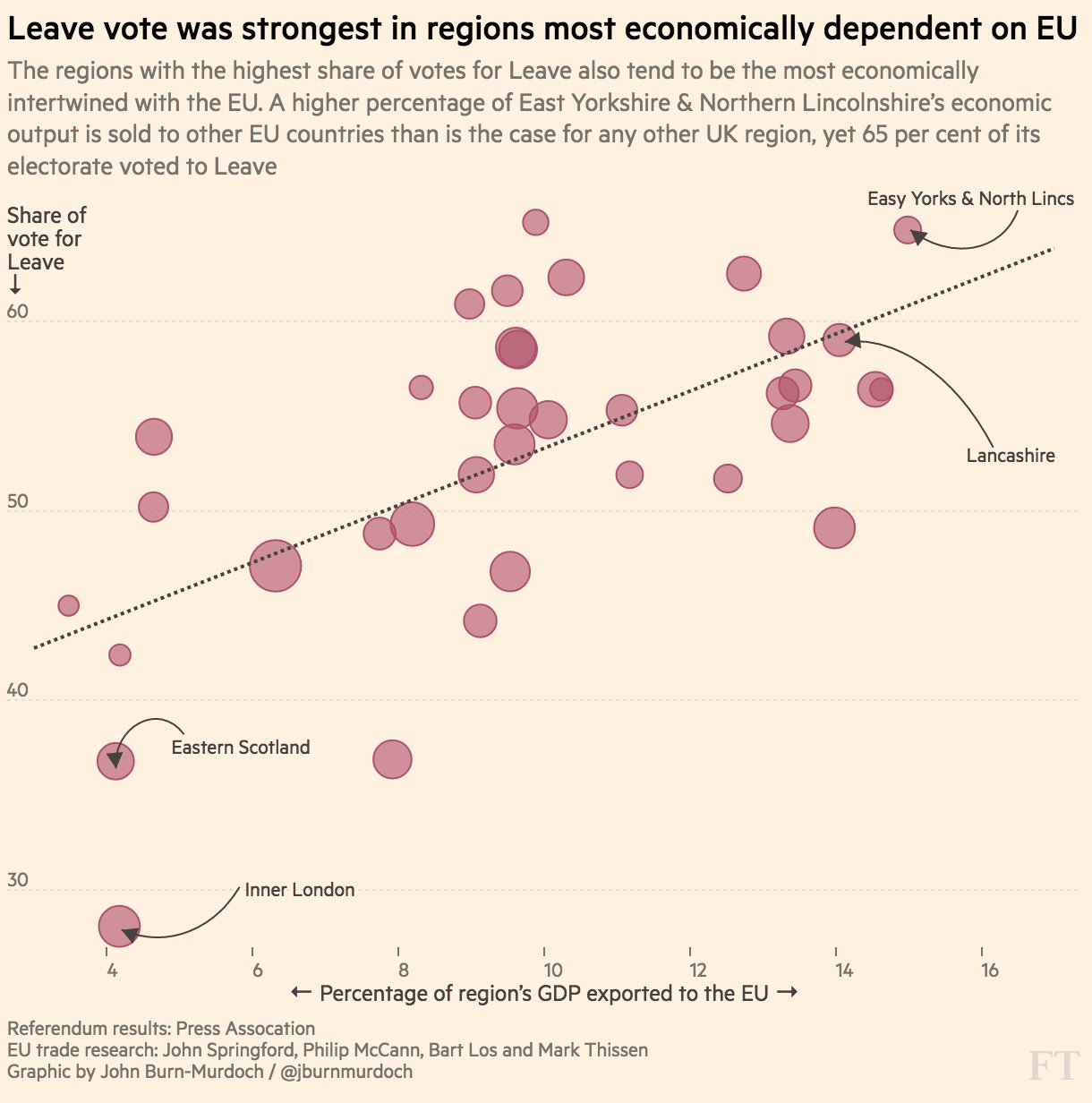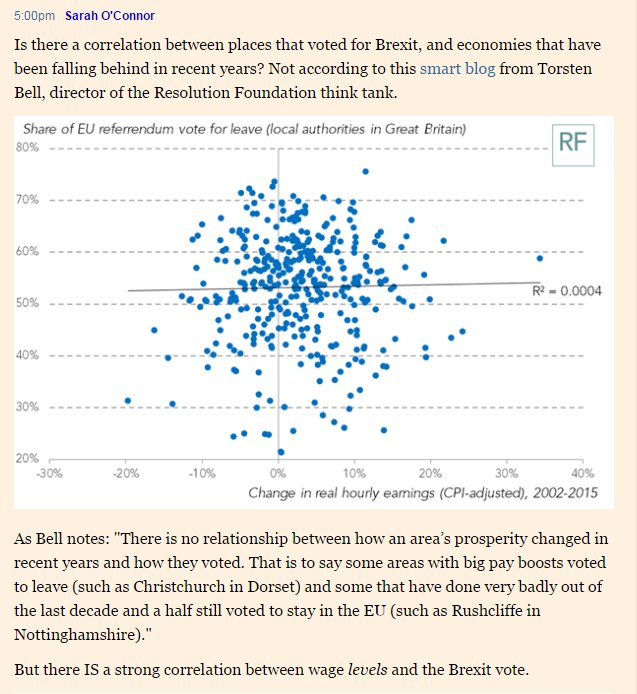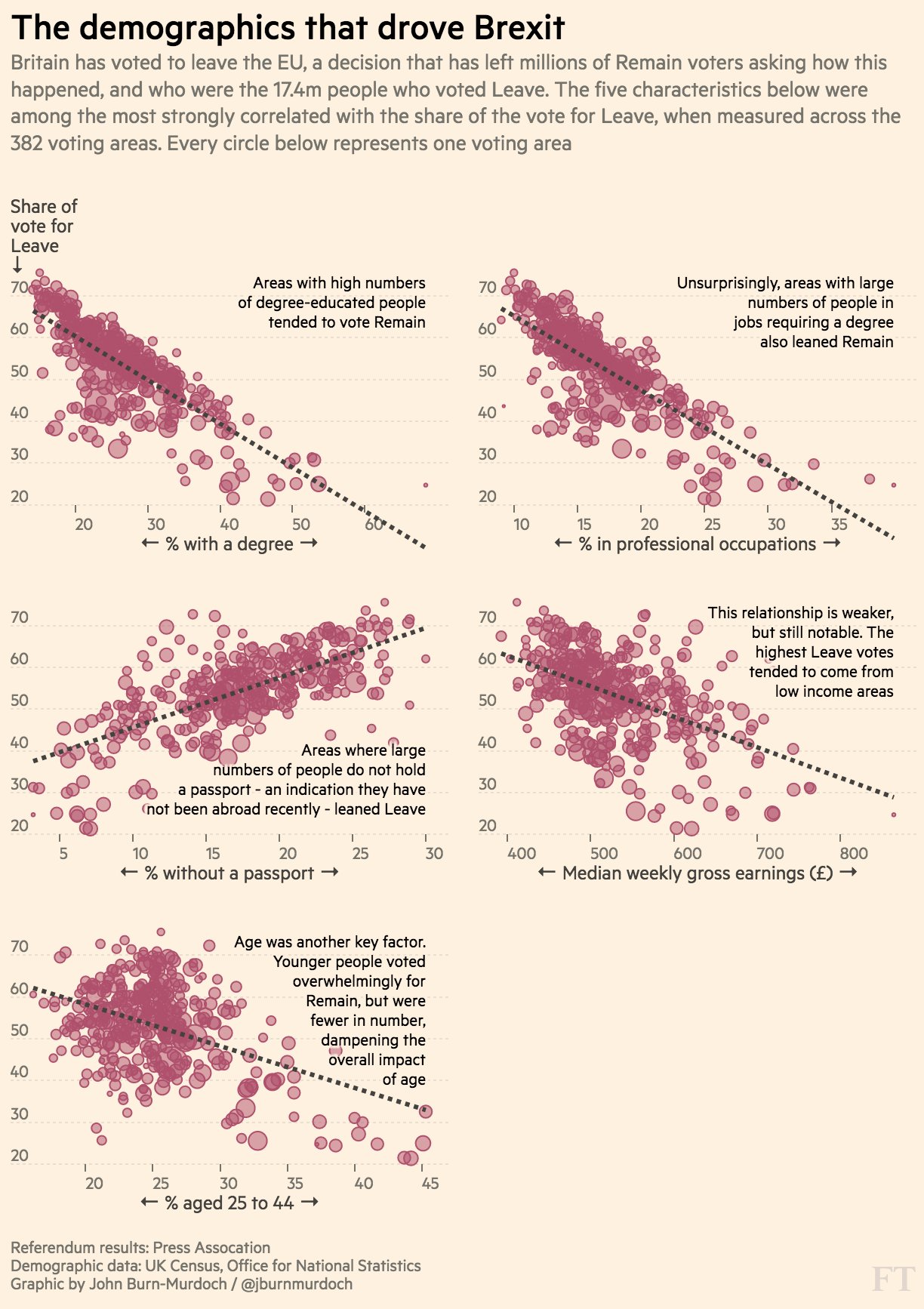Blogging today as I am, from behind the great firewall of China without any functioning VPN, my reading and linking has been limited to links already cached in my phone and tablet, without any new materials through Google, Gmail, Medium, Twitter or Facebook …. that’s very cramped for my habitual style.
Someone tweeted this Quine’s “Two Dogmas of Empiricism” Electric Agora link a couple of weeks ago and it’s been sat in my must-read list of open browsers since then: The post itself, from 2015 by Daniel Kaufman, and its fascinating comment thread below.
As a fan of both Wittgenstein and Dennett, I’ve also made a point of reading Quine, hence my ready interest.
There is one set of meta-comments about style, where Kaufman begs to differ, that Quine has an elitist air. One which Kaufman clearly shares even if he doesn’t agree.
Sure, no (useful) language can be a closed (logically complete and consistent) system; context is everything, etc. I won’t repeat all the rehearsed batchelor-style arguments here. I agree already. It’s a large part of my position generally in the proper place (or otherwise) of scientific thinking in the pragmatic reality of politics and ethics – much misunderstood by the scientistic.
I particularly loved the thread debating synonymy against definition. I suspect Quine, and certainly Kaufman, does conflate the two, or at least fail to recognise the significance of their different kinds.
Sure as Kaufman says, everyday dictionaries do often list near synomyms (with contexts) as part of their definitions. These are by way of example and archetype more than definition.
But formal (attempts at) definitions must also end up expressing criteria for class membership as logically constrained relationships to other (presumed known) classes; classes whose nearness as synonyms will be increasingly remote and typically distinct as supertypes and/or Ur-classes. That web of knowledge – hence the not-really-closed tautological problem at the core of the debate.
It’s no coincidence that my hero Dennett, a student of Quine, warns any would-be analytic-scientistic-type who’ll listen to defer their obsession with definitions. One fetish infecting the meme of scientistic addiction. All definitions are (by definition) working definitions, but reify too quickly and problematically if not allowed to evolve and emerge with pragmatic acceptance in the real world. Definitions are not objectively true or real outside a closed and managed context. The working context in which the working definitions are deemed to hold, by agreement both inter-subjective and empirical.

